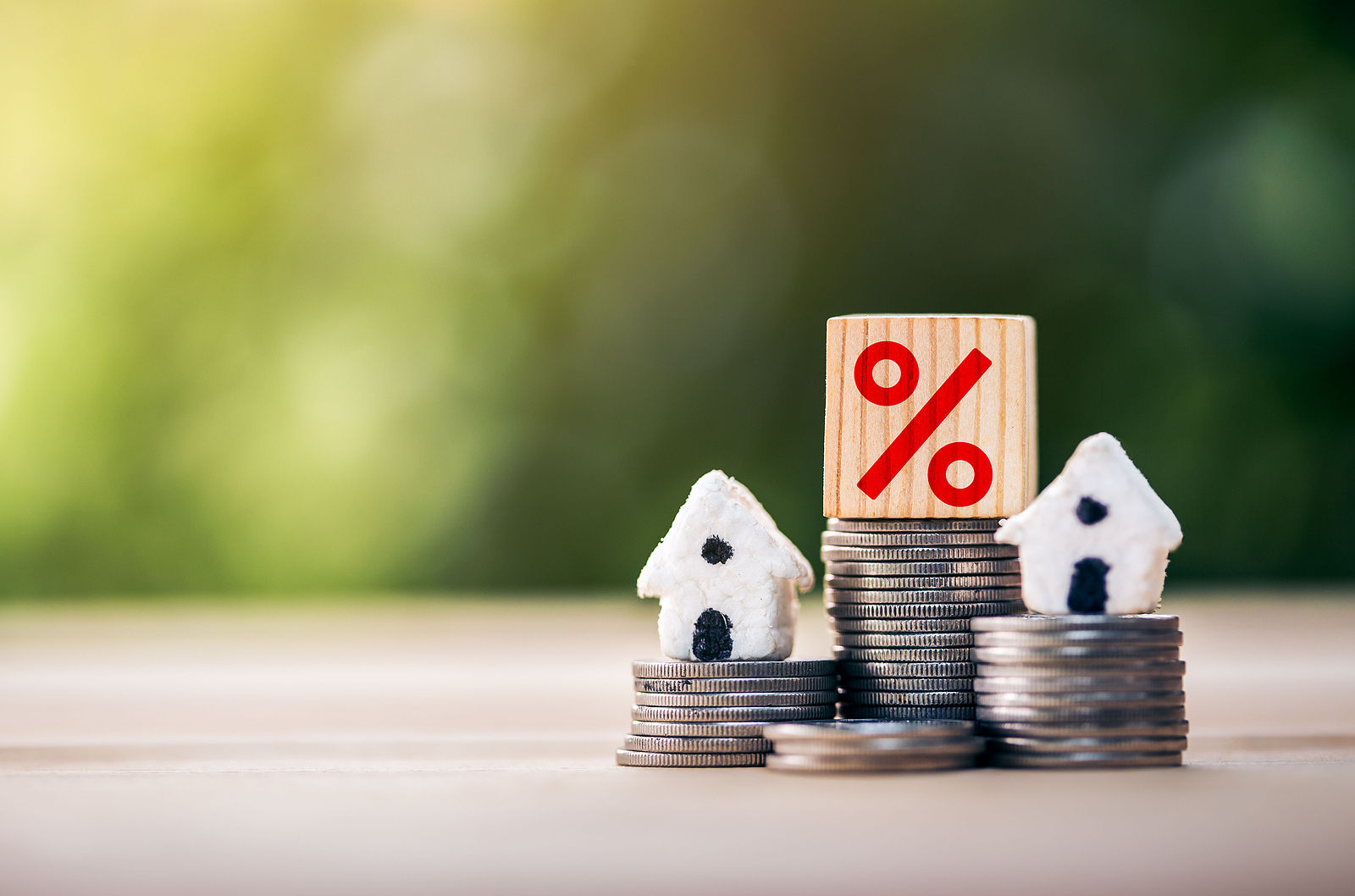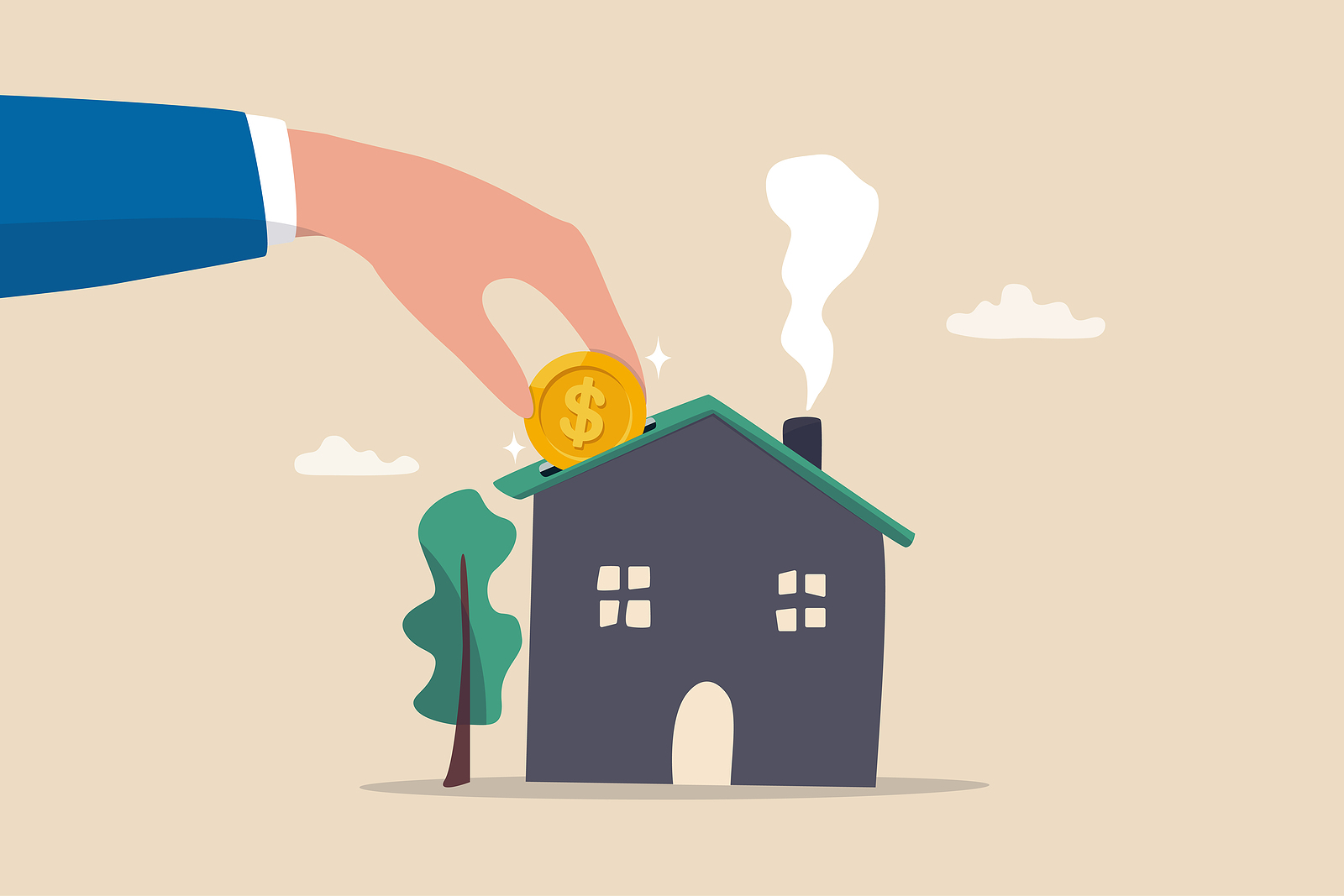For many first-time homebuyers, the idea of saving up 20% down to buy a home can feel like climbing a financial mountain. With rising home prices and the pressure to act fast in competitive markets, this long-standing benchmark can be intimidating. But here’s the good news: you don’t always need 20% down to buy a home. In fact, many buyers, especially first-timers, are getting into homes with far less.
In this blog, we’ll unpack the truth behind the 20% myth, explore low-down-payment loan options, and explain what it really means to put less money down. If you’re eager to buy but feel held back by outdated assumptions, this guide is for you.
Why the 20% Rule Exists
The idea of needing 20% down to buy a home goes back decades, largely rooted in risk reduction for lenders. A larger down payment historically meant you were a safer borrower, less likely to default. It also helped buyers avoid paying private mortgage insurance (PMI), an added cost for those who put less than 20% down.
But the real estate landscape has changed. Government-backed loan programs, rising property values, and a more flexible lending environment mean that lower down payments are not only common—they’re often encouraged.
Low Down Payment Options You Should Know
One of the biggest financing myths is that 20% is the magic number. In truth, several loan programs allow you to purchase a home with far less:
-
FHA Loans – Backed by the Federal Housing Administration, these loans require as little as 3.5% down. They’re ideal for first-time buyers or those with less-than-perfect credit.
-
Conventional Loans – Some conventional loans, especially those for first-time buyers, allow for down payments as low as 3%. However, these may come with PMI if you don’t reach the 20% threshold.
-
VA Loans – Available to eligible veterans and active-duty service members, these require zero down payment and no PMI.
-
USDA Loans – For rural and some suburban areas, USDA loans also offer zero down with low interest rates for qualifying buyers.
These options are designed to make homeownership accessible without requiring 20% down to buy a home.
What Happens When You Put Less Than 20% Down?
While putting less than 20% down is completely viable, it does come with trade-offs. Here’s what to expect:
-
PMI Costs – Private mortgage insurance is usually required if you don’t meet the 20% mark. This can add $50–$200/month depending on your loan size and credit score.
-
Higher Monthly Payments – A smaller down payment means a larger loan, which results in a higher monthly mortgage.
-
More Cash Flexibility – On the upside, putting down less frees up money for moving costs, repairs, or even emergency savings.
The key is balancing upfront affordability with long-term financial comfort. You don’t need 20% down to buy a home, but understanding your full cost of borrowing is essential.
So, How Much Should You Put Down?
The “right” down payment varies by person. If you have enough saved and want to avoid PMI, go for 20%. But if saving that amount would delay your plans for years, consider a smaller down payment with a smart strategy.
Talk to a reputable mortgage lender or real estate professional who can run the numbers for your unique situation. Remember: today’s homebuyers are finding success with flexible, realistic financing, often far below the 20% mark.
Final Thoughts
The idea that you need 20% down to buy a home is one of the most persistent myths in real estate. In reality, there are many paths to homeownership some requiring as little as 0–3.5% down. Understanding your options is the first step toward unlocking the door to your new home.



